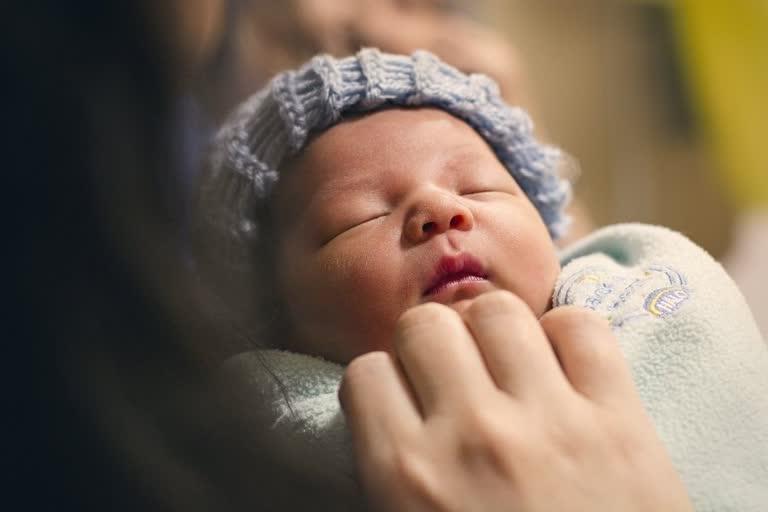Experts say that clinicians should consider using antibiotics in a way that causes the least harm to the newborn's microbiome - the community of microbes that live in our bodies. Under current guidelines, antibiotics directed at a wide range of bacteria – known as broad-spectrum – are currently prescribed to four to 10 per cent of all newborns for suspected infections. However, experts say that in most cases the antibiotics are prescribed unnecessarily as only a small proportion of those who receive the drugs are eventually diagnosed with an infection.
This overprescription is to ensure early treatment for those who are ultimately found to have an infection as any delay may quickly become life-threatening. Researchers from the Universities of Edinburgh and Birmingham, and the Spaarne Hospital and University Medical Centre Utrecht, The Netherlands, conducted a clinical trial involving 227 babies to analyse how antibioticsaffect a newborn’s microbiome.
Some 147 infants with suspected sepsis received one of three standard antibiotic treatments. Their outcomes were compared with those of 80 babies with no suspected infections and those who were not prescribed an antibiotic. All babies had a rectal or faecal sample taken before and after treatment, and at one, four and 12 months of age. The samples were analysed for the microbes that made up their newly forming microbiome and for bacterial genes related to antimicrobial resistance.
